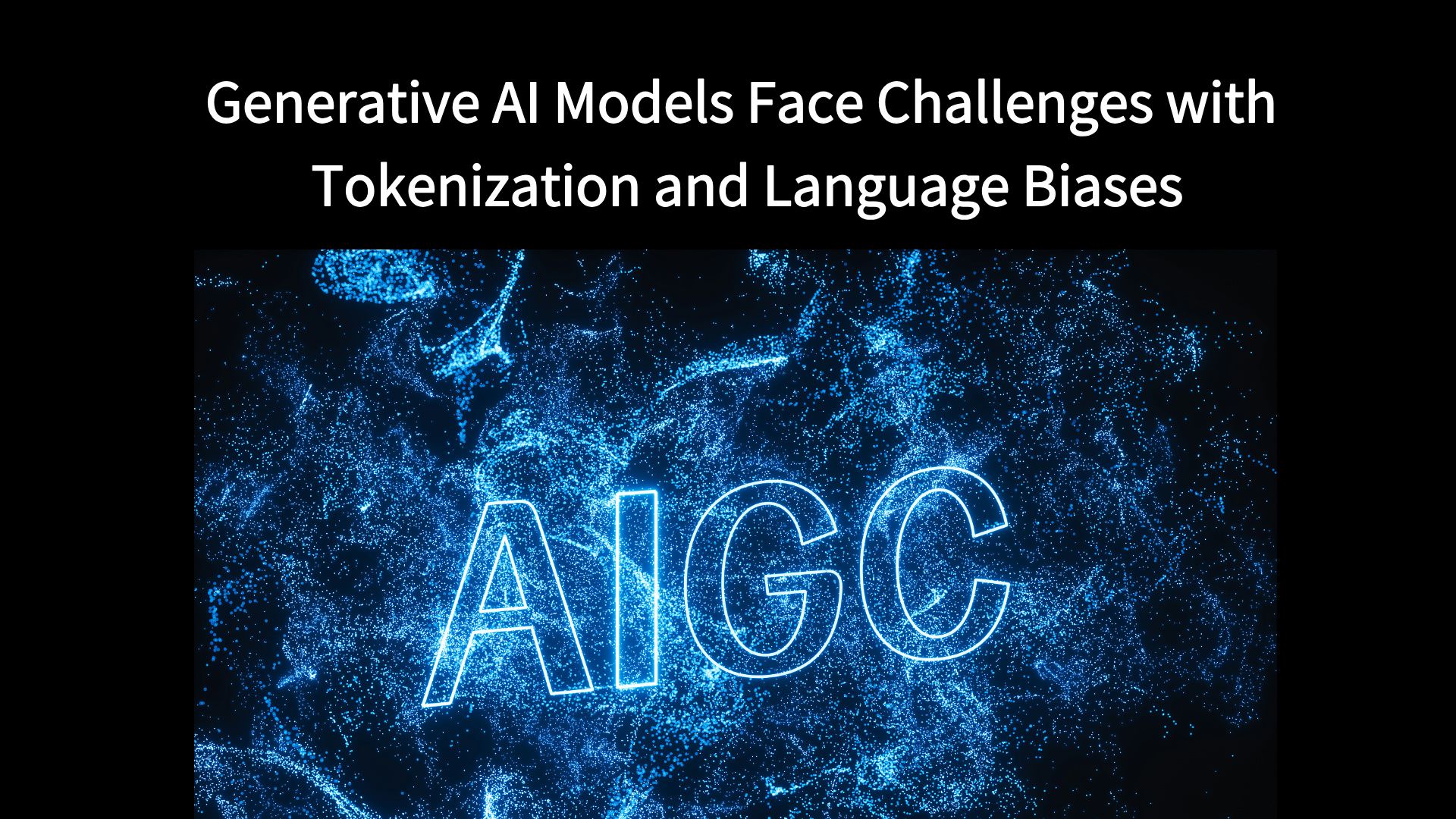AI Therapists: Bridging Gaps in Mental Health Care Amid Rising Demand
Background
The rise of AI therapists is set against a backdrop of escalating mental health challenges and a shortage of accessible, affordable care. With more than half of the U.S. lacking adequate geographic access to mental health services and many individuals unable to afford traditional therapy, AI-driven solutions offer a scalable and cost-effective alternative.
Technological advancements in AI and natural language processing have made it possible to create sophisticated virtual therapists, aiming to bridge the gap between the growing demand for mental health support and the limited supply of human therapists.
News Summary
In the realm of mental health care, the integration of chatbot therapy has sparked both enthusiasm and skepticism. Startups like Sonia are positioning AI-driven platforms as accessible alternatives to traditional therapy, leveraging generative AI models to simulate therapeutic interactions.
Despite claims of effectiveness in addressing issues such as depression and anxiety through techniques like cognitive behavioral therapy, concerns linger over the absence of clinical backgrounds among Sonia's founders and potential limitations in understanding nuanced psychological cues or cultural differences. Privacy issues also arise regarding the storage and use of user data, though Sonia asserts a commitment to minimal data retention.
Critics emphasize that while chatbots like Sonia may provide a convenient entry point for mental health support, they cannot replace the nuanced human empathy crucial in therapeutic relationships. The debate underscores broader challenges in mental health care accessibility, with significant portions of the population unable to access traditional therapy due to cost or geographical barriers.
As these technologies evolve, navigating their role in complementing rather than replacing human therapists remains pivotal, ensuring they serve as effective tools while upholding ethical standards and addressing the diverse needs of mental health patients.
Personal Insights
Accessibility and Affordability
AI therapists provide a much-needed solution to the accessibility and affordability issues plaguing the mental health care system. With traditional therapy often being prohibitively expensive and geographically inaccessible for many, AI solutions can democratize access to mental health support, reaching underserved populations and providing immediate assistance without long wait times.
Technological Advancements
The use of advanced AI models in therapy demonstrates the remarkable progress in natural language processing and machine learning. These technologies can offer personalized support and interventions, potentially reducing symptoms of depression and anxiety. The ability to deliver consistent, 24/7 support is a significant advantage, especially in crisis situations.
Quality and Effectiveness
However, the effectiveness of AI therapists is still a subject of debate. While some studies show promising results, the lack of human empathy and nuanced understanding is a critical limitation. The therapeutic alliance between a human therapist and a patient, built on trust and empathy, is a cornerstone of effective therapy that AI cannot fully replicate.
Ethical and Privacy Concerns
There are also ethical concerns regarding data privacy and the potential misuse of sensitive information. Ensuring robust data protection measures and transparency about data usage is crucial to maintaining user trust. Additionally, the risk of AI providing inappropriate or harmful advice due to biases in training data or lack of context is a significant concern.
Complementary Role
Ultimately, AI therapists should be viewed as a complementary tool rather than a replacement for human therapists. They can provide valuable support and bridge gaps in care but should not be relied upon exclusively for serious mental health issues. Integrating AI with human oversight and collaboration can create a more holistic and effective mental health care system.
In conclusion, while AI therapists hold great promise in addressing some of the challenges in mental health care, they must be implemented thoughtfully, with careful consideration of their limitations and ethical implications.

Related Articles
Generative AI Models Face Challenges with Tokenization and Language Biases
Unlocking the future of AI: Navigating the challenges of tokenization to ensure fair and inclusive technology for all languages.


Robotic Pets Combat Loneliness Among Aging Population
Explore how robotic pets are revolutionizing elder care, offering companionship and emotional support to combat loneliness in aging populations worldwide, and discover the exciting technological and ethical implications of this innovative trend.


Generative AI: The Double-Edged Sword of Modern Scams
Discover how generative AI is revolutionizing scams, creating new challenges in a digital world, and learn how to stay one step ahead in the fight against sophisticated fraud.

